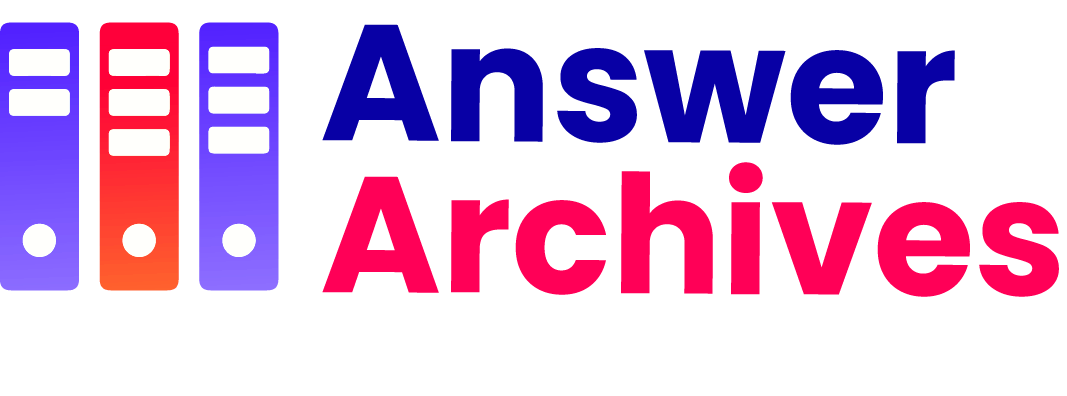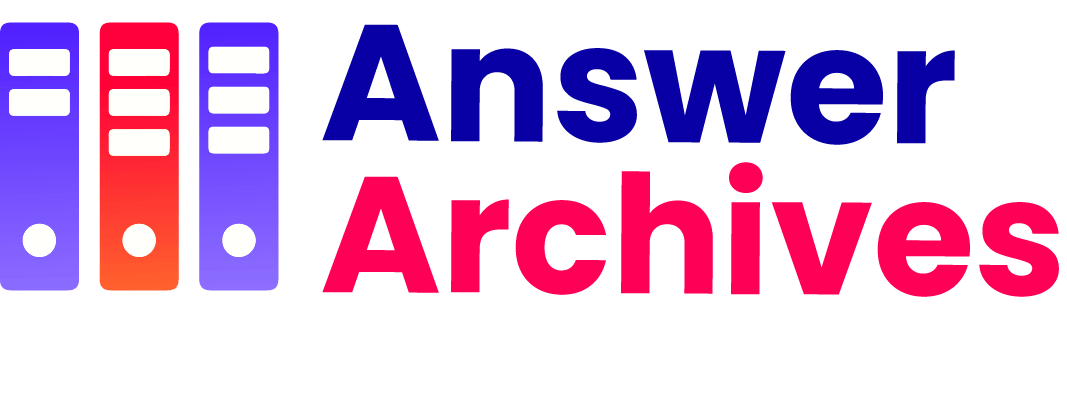Table of Contents
Funding Futures: Paving the Path to Scholarly Achievement
Winning scholarships and grants is essential for many students to access higher education. This article explores various facets of educational funding and its pivotal role in academic success.
The Importance of Financial Aid in Education
Financial aid is crucial for students from low-income families who might otherwise be unable to afford college tuition, books, and living expenses. Without such support, many talented individuals could miss out on higher education opportunities, limiting their potential and contributing to wider socio-economic disparities. Financial aid enables students to focus on their studies rather than worrying about debt, leading to better academic outcomes and higher graduation rates.
Types of Educational Funding Available
Various forms of educational funding exist to support students. Scholarships are merit-based and often awarded for exceptional academic performance, sports, or artistic talents. Grants are need-based and typically provided by the government, educational institutions, or private organizations. Unlike loans, scholarships and grants do not need to be repaid. In addition to these, work-study programs allow students to work part-time while studying to offset educational costs. Fellowships and assistantships, predominantly for graduate students, provide funding in exchange for research or teaching services. These varied forms of educational aid ensure that different needs and circumstances are catered to, helping more students achieve their academic goals.
Application Process and Requirements
Applying for financial aid can be complex but understanding the key steps can make it more manageable. First, students should research different funding options and eligibility criteria. Many financial aid programs require applicants to fill out standardized forms like the Free Application for Federal Student Aid (FAFSA). Supporting documents, such as tax returns, academic transcripts, and letters of recommendation, are typically required. Some scholarships also require personal essays or interviews. Meeting deadlines is crucial, as missing a deadline can disqualify an application. Being organized and thorough, preparing in advance, and seeking guidance from school counselors can ensure a smoother application process.
Overcoming Common Challenges
Students often face obstacles in securing financial aid. One common challenge is the sheer complexity of the application processes, which can be daunting. Misunderstanding eligibility requirements or deadlines can also result in missed opportunities. Financial aid forms can be difficult to navigate, especially for first-generation college students without guidance. Moreover, the competitive nature of scholarships and grants adds pressure, leading to stress and anxiety. Developing a strategic approach, breaking down the process into manageable steps, and seeking assistance from educational professionals can help mitigate these challenges and improve the chances of obtaining financial aid.
The Impact of Scholarships on Academic Performance
Scholarships can significantly influence a student’s academic journey. Being free from the burden of financial stress allows students to dedicate more time and energy to their studies. This often results in better grades and a more immersive educational experience. Financial stability also enables students to participate in extra-curricular activities, internships, and study abroad programs, all of which enhance learning and personal growth. Furthermore, receiving a scholarship boosts a student’s confidence and morale, fostering a drive for continued excellence. The long-term benefits include higher graduation rates and better employment prospects, paving the way for a successful future.
Innovative Funding Opportunities
With the evolution of education and technology, innovative funding options have emerged. Crowdfunding platforms like GoFundMe and Kickstarter allow students to raise money for their education through online campaigns. Income-share agreements (ISAs) are another modern approach, where students receive funding in exchange for a percentage of their future income for a set period. Some online courses and coding boot camps offer deferred tuition plans, allowing students to start studying without any upfront payment, paying tuition only after securing a job. These novel funding methods provide flexible and diverse options, making higher education more accessible in today’s digital age.
Conclusion
Funding education is more critical than ever in a world where knowledge and skills determine future opportunities. Scholarships, grants, and other financial aids not only make education affordable but also ensure that students from all backgrounds have the chance to excel academically. Understanding the various types of aid available, navigating the application processes efficiently, and overcoming common challenges can greatly enhance the prospects of securing necessary funds. The impact on academic performance and overall growth is profound, fostering not just individual success but also contributing positively to society by nurturing well-educated, skilled individuals. Embracing innovative funding methods further democratizes educational access, reflecting our collective commitment to making higher education an achievable dream for everyone. Through strategic, well-planned efforts, we can ensure that financial barriers no longer stand in the way of scholarly achievement, paving the path to a brighter future for all.


